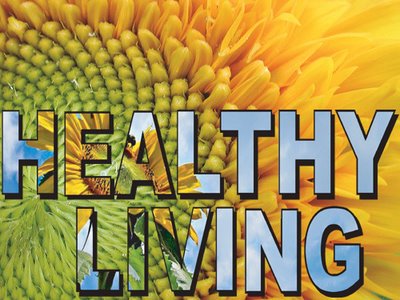 Milk: Does It Do a Body Good?
Milk: Does It Do a Body Good?By Nan Little
When I was growing up, one thing was always certain: my mother was going to serve me a glass of milk with dinner. It was clear that it wasn’t just about taste or having something to drink. She instructed me to drink all of it. It was the healthy thing to do.
Many of us were raised this way, drinking milk because it helped build strong bones and teeth and gave us essential nutrients our bodies needed. As we’ve gotten older, we’ve been instructed to drink milk for other reasons. It’s especially important for women who need calcium to keep osteoporosis at bay. At least, these are all the things we’ve been told.
What we haven’t heard about are all the possible negative effects that come from drinking milk. In fact, we may be drinking milk thinking that it prevents certain health issues while some studies show that it could possibly cause them. And very few of us have heard about what’s really in our milk.
We all think that pasteurizing milk makes it safer. Is this true? In all actuality, pasteurizing milk destroys enzymes and lowers the vitamin content in milk up to 50%. Studies have even shown that, if a calf is fed only pasteurized milk, it will die after a period of time, most likely from malnutrition.
Milk is pasteurized because the milk will then last longer on the shelf and in your refrigerator—which is better for business but not necessarily better for your body.
The big secret about milk, though, is the use of a bovine growth hormone known as recombinant bovine somatotropin, or RBST. This genetically engineered bovine growth hormone is given to the cows to increase milk production up to 25%. This hormone was approved for use by the FDA in 1994 and is manufactured by a company known as Monsanto. Monsanto has sought approval to sell their hormone in other countries, but its use is illegal everywhere but the United States.
Why won’t other countries approve the use of RBST? RBST increases the presence of insulin growth factor-1, a powerful growth hormone that has adverse effects on the human body. Because it’s such a powerful growth hormone, RBST has been shown to increase the risk of breast cancer in women up to 7 times and the risk of prostate cancer in men up to 4 times. Why? Because RBST encourages tumor growth.
Another issue with RBST is that it can lead to mastitis in the cows. This persistent infection of the udders requires treatment—and the antibiotics and drugs given to the cows end up in the milk (along with residual pus and blood from the infected udders).
If it has so many negative side effects, why has the FDA approved the use of RBST? The FDA is supposed to watch out for the public’s best interest, but the FDA is often suspiciously linked to the very companies that it is supposed to regulate.
Monsanto is one example:
A female researcher working for Monsanto prior to the approval of RBST was asked to write a report for the FDA about RBST. She then left Monsanto and went to work for the FDA, where she was given the job of approving her own report, eventually leading to the approval of RBST.
If you want to avoid RBST, you can purchase organic milk. The FDA is so heavily tied to Monsanto, though, that all organic milk must carry a label saying that very little difference has been found between the milk produced by cows given RBST and those that were not. Don’t be fooled. Studies have shown that the difference is hardly negligible.
In all reality, nutritional experts still agree that milk is mostly good for you. It is a complete source of protein and a great source of calcium. If you’re not willing to cut milk and other dairy products out of your diet altogether, purchase organically produced milk and dairy. This will cut the RBST, antibiotics as well as harmful pesticides out of the equation—making your milk and dairy a more wholesome part of your diet.
source:Insight Journal found here
